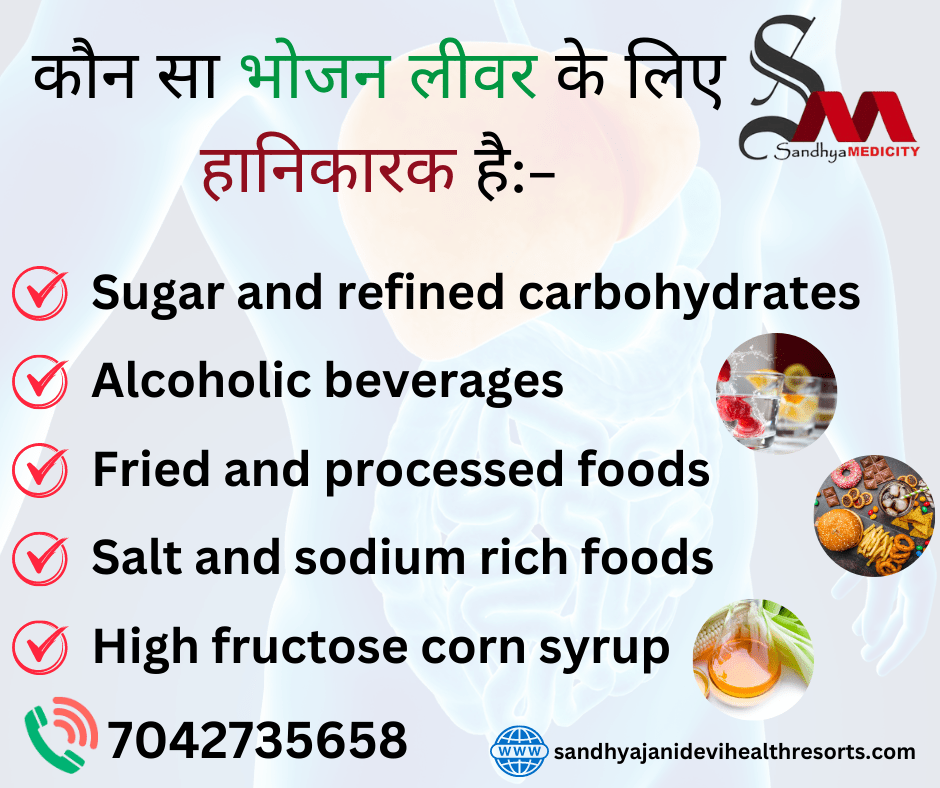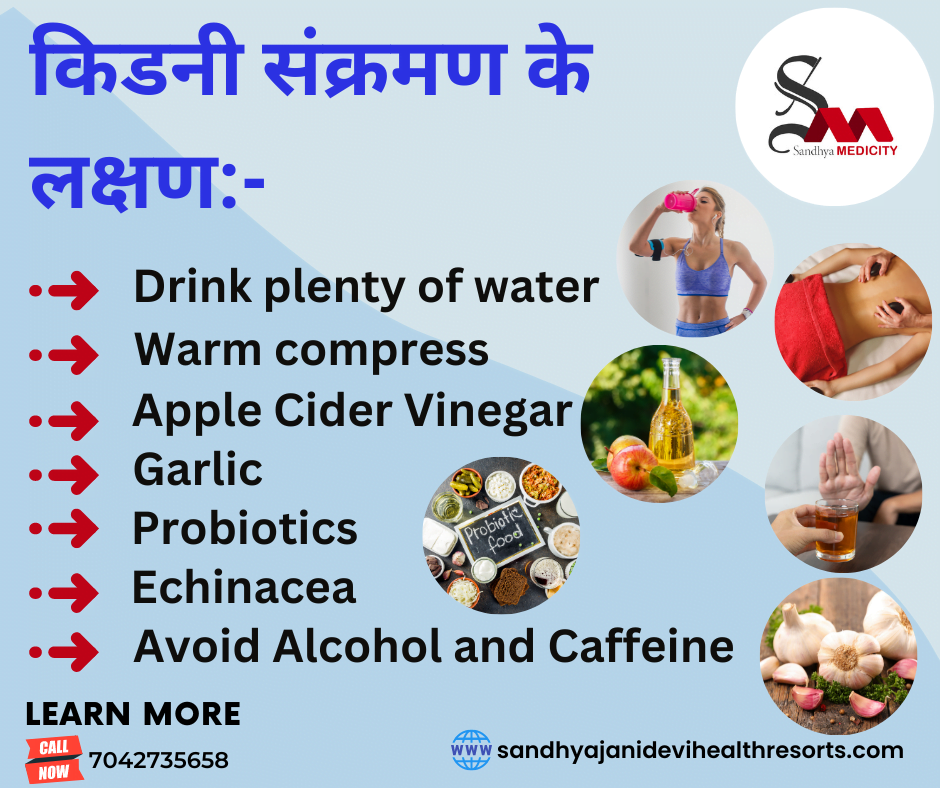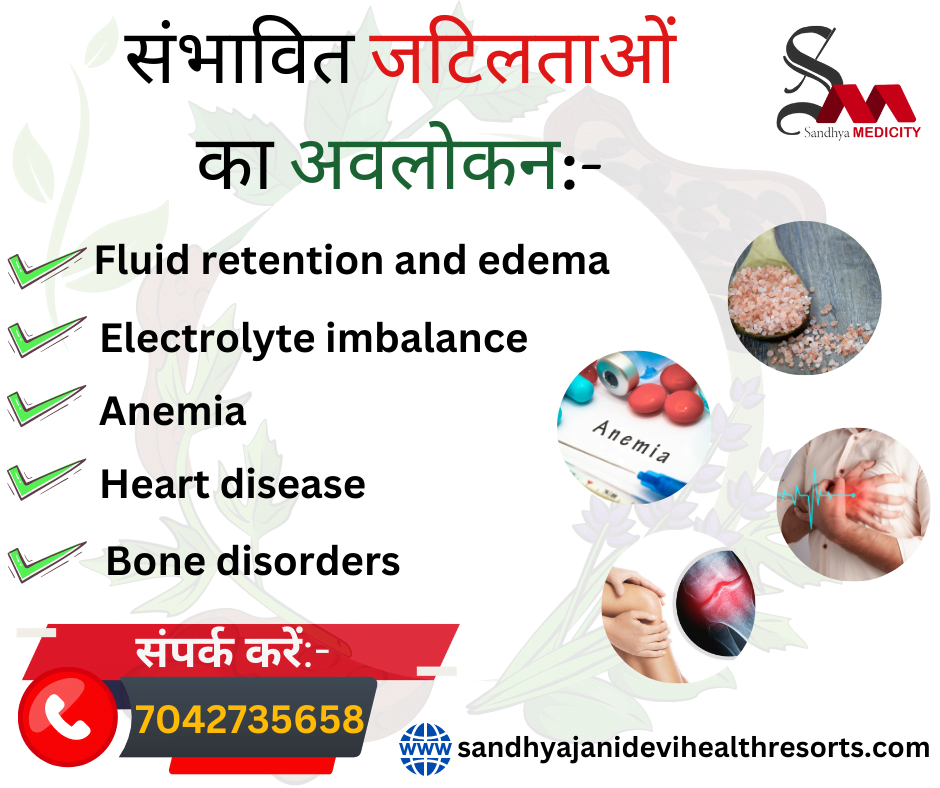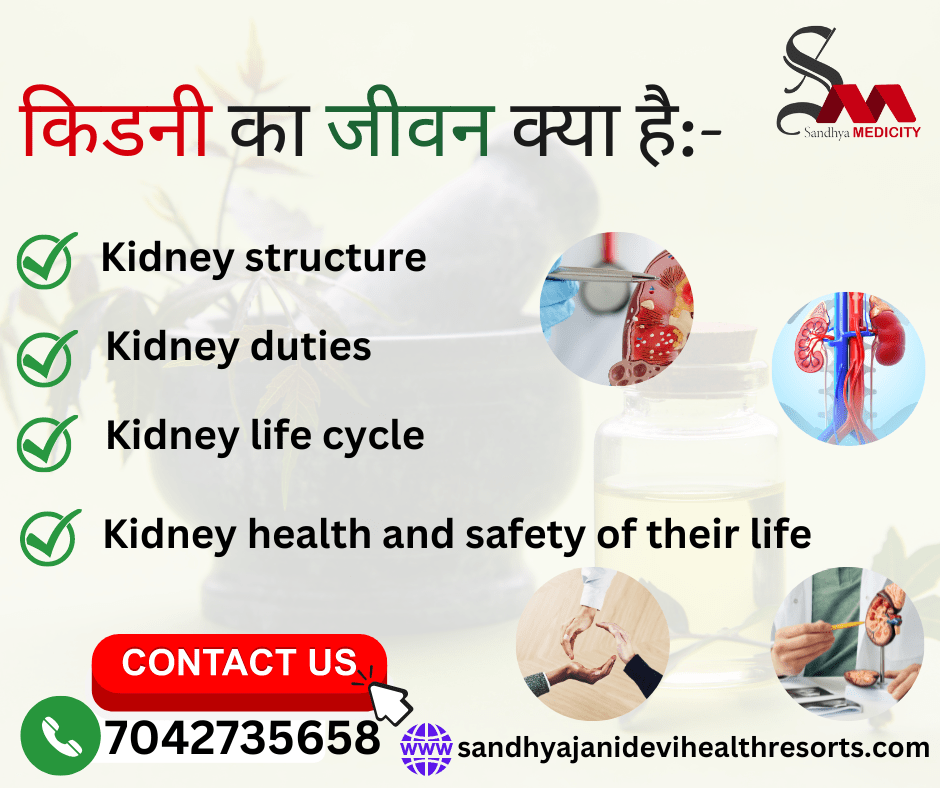Which Diet Is Bad for the Liver?
We have an important topic to discuss – food is harmful to the liver the effect of certain foods on liver health. We often overlook the consequences of our dietary choices, but it is essential to understand how our food choices can either damage or harm our liver. We’ll delve deeper into the types of foods that can have harmful effects on your liver. Introduction to lever Food is Harmful to the Liver – Before we start exploring harmful foods, let us quickly understand the importance of the liver in our body. Liver is an important organ responsible for various functions, such as filtering the blood, metabolizing nutrients and breaking down toxins. It plays an important role in detoxification and in supporting our overall health.” Sugar and refined carbohydrates One of the major risk factors for liver health is excessive consumption of sugar and refined carbohydrates. These include sugary drinks, sweets, white bread and processed foods. These delights can put a load of excess sugar on the liver, resulting in the conversion of sugar into fat. Ultimately, this fat accumulation can contribute to conditions such as fatty liver disease.” Alcoholic beverages Alcoholic beverages should also be used with caution, as they pose a direct threat to liver health. When alcohol is consumed, it enters the liver for detoxification. However, excessive alcohol consumption puts a strain on the liver, leading to inflammation and possible scarring. This condition, known as alcoholic liver disease, can turn into a more serious condition if not taken care of immediately.” Fried and processed foods Let’s go over the range of foods that often tempt our taste buds but can harm our liver in the long run. Fried and processed foods, such as deep-fried snacks and fast food, contain high levels of unhealthy fats, trans fats, and additives. All of these can contribute to liver inflammation and the development of non-alcoholic fatty liver disease. Making healthy choices and opting for grilled or steamed options is important for liver health.” Salt and sodium rich foods While we often focus on the effects of certain foods directly on our liver, it is important to know that the liver works in conjunction with other organs, such as the kidneys. Foods containing excessive amounts of salt and sodium, such as processed meats and packaged snacks, can cause fluid retention, which can put increased strain on the liver and kidneys. This stress can compromise liver health over time.” High fructose corn syrup Another harmful enemy hidden in various processed foods is high fructose corn syrup. Found in sweetened beverages, canned fruits and many processed products, it may contribute to the development of non-alcoholic fatty liver disease. High fructose corn syrup is metabolized differently by the liver, triggering fat accumulation, insulin resistance and inflammation. Therefore, it is essential to avoid products containing this ingredient.” Excessive consumption of red and processed meat Let us discuss the effect of consuming excessive red and processed meat on the health of your liver. Studies have linked a high intake of red and processed meat to an increased risk of liver disease. These meats contain harmful compounds like heme iron, nitrates, and saturated fat, which can contribute to inflammation and liver damage. It is advisable to balance your diet with lean protein options such as fish and poultry for optimal liver health.” Importance of a balanced diet for liver health Although we’ve covered a number of foods that are potentially harmful to the liver, it’s important to remember that overall dietary choices play an important role in liver health. Eating a balanced diet rich in fruits, vegetables, whole grains and lean proteins ensures that your liver receives essential nutrients, antioxidants and fiber. It supports optimal liver functioning and helps in the prevention of liver diseases. Conclusion:- Thanks for joining us today as we explore foods that can be harmful to the liver. We hope this information has enlightened you about the importance of making healthy choices. Remember, your liver is a resilient organ, but it’s important to treat it with care.
Which Diet Is Bad for the Liver? Read More »











